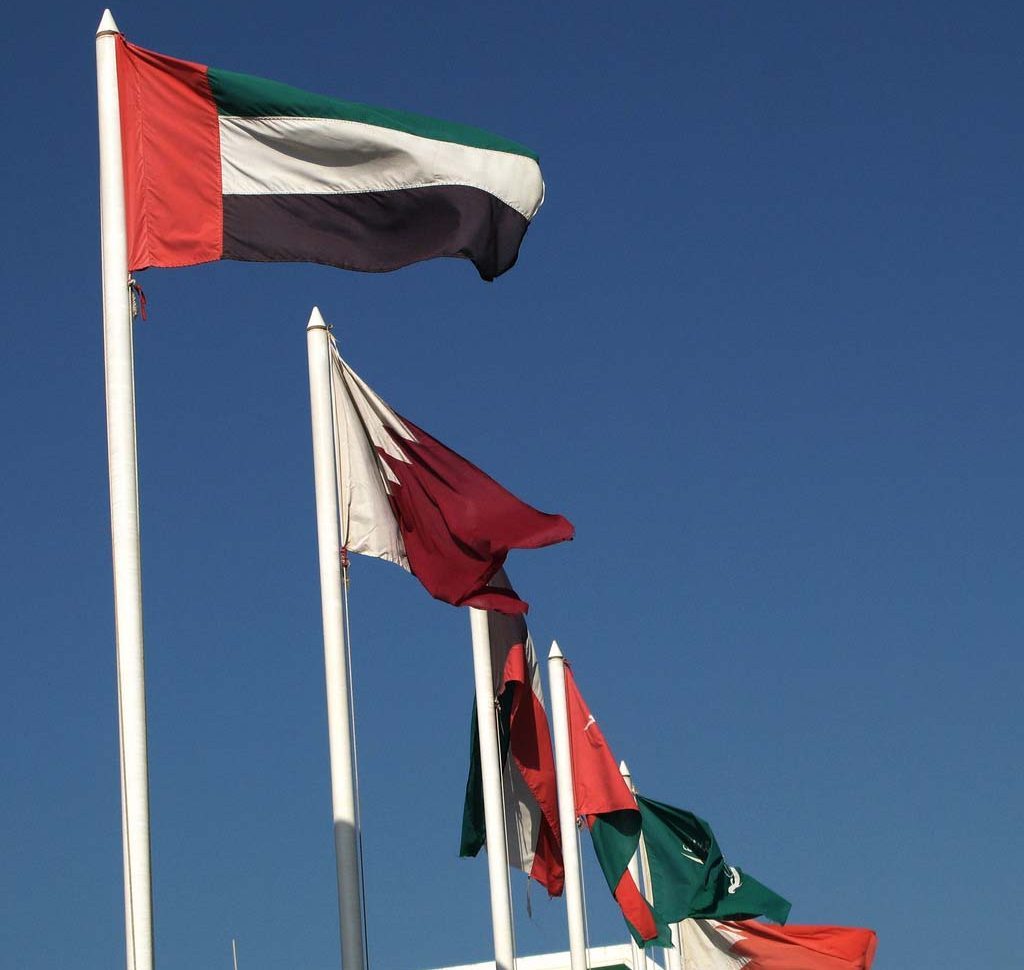Washington reportedly suggested an interim agreement with Tehran to buy time for negotiations over a long term deal.
The US and the Gulf Cooperation Council [GCC] called for the restoration of the Joint Comprehensive Plan of Action [JCPOA] on Wednesday, accusing Iran of causing “a nuclear crisis”.
This came during the US-GCC working group on Iran’s meeting in the Saudi Arabian capital Riyadh.
“The US and GCC member states agreed that Iran’s nuclear programme is of grave concern, as Iran has taken steps for which it has no civilian need but that would be important to a nuclear weapons program,” read a joint statement released by Washington’s State Department.
Washington along with the bloc called on Iran to “fully cooperate” with the UN nuclear watchdog, the International Atomic Energy Agency [IAEA].
IAEA chief Rafael Grossi is scheduled to visit Iran this coming Monday following statements in which he claimed there was a lack of dialogue with the current Iranian administration. He will be meeting with Foreign Minister Hossein Amirabdollahian and Iran’s nuclear chief during his visit.
The latest developments also come ahead of the seventh round of multilateral nuclear talks in Vienna, expected to take place on 29 November.
The Iranian side previously said that the meetings will be focused on the lifting of Washington’s economic sanctions imposed on Tehran following former US President Donald Trump’s withdrawal from the nuclear accord in 2018.
Russia to insist on full implementation of nuclear accord in upcoming Vienna talks
“The US and the members of the GCC affirmed that deeper economic ties after the lifting of US sanctions under the JCPOA are in the mutual interest of the region,” added the joint statement.
“[The US and GCC] called for an urgent mutual return to full compliance with the JCPOA, that would help pave the way for inclusive diplomatic efforts to address all issues that are necessary to ensure sustainable safety, security, and prosperity in the region,” read the joint statement.
The US and the GCC member states also stressed “that these diplomatic efforts will not succeed if Iran continues to provoke a nuclear crisis” while welcoming the upcoming round of talks.
As a strategic US ally and regional mediator, Qatar previously said that it will spare no effort to restore the 2015 nuclear accord and called on all sides to resume negotiations.
Iran’s proliferation and direct use of advanced ballistic missiles and Unmanned Aircraft Systems [UAS] were also part of the concerns raised at the meeting.
“Iran’s support to armed militias across the region and its ballistic missile program pose a clear threat to regional security and stability,” the statement said.
Indirect US-Iran talks kicked off in Vienna in April this year to revive the 2015 nuclear accord but adjourned following the sixth round in June. The talks were put on hold as Iran’s elections took place, which saw the victory of Raisi, who is considered by analysts as a “hardliner”.
Three Israeli and US sources told security news site Axios on Wednesday that US National security adviser Jake Sullivan suggested to his Israeli counterpart Eyal Hulata the idea of an interim agreement with Iran in bid to buy more time for nuclear negotiations.
Two American sources said they were merely “brainstorming” the idea after it was presented by one of Washington’s European allies amid fears of Iran’s nuclear programme.
The proposal, opposed by Hulata, suggests that the US would release some of the frozen Iranian funds if it halts its nuclear activity.
While a spokesperson for the Israeli National Security Council said the details of Axios’s story were inaccurate, they failed to deny that a discussion took place over a proposed interim deal.
Concerns over Iran’s nuclear programme have been growing since the Islamic Republic took steps to increase its uranium enrichment, a move made in response to a series of attacks on its nuclear sites this year.
Iran has blamed Israel for the ambushes – which also affected its key Natanz nuclear site – due to its vocal opposition of the US’ return to the JCPOA.
Follow Doha News on Twitter, Instagram, Facebook and Youtube







